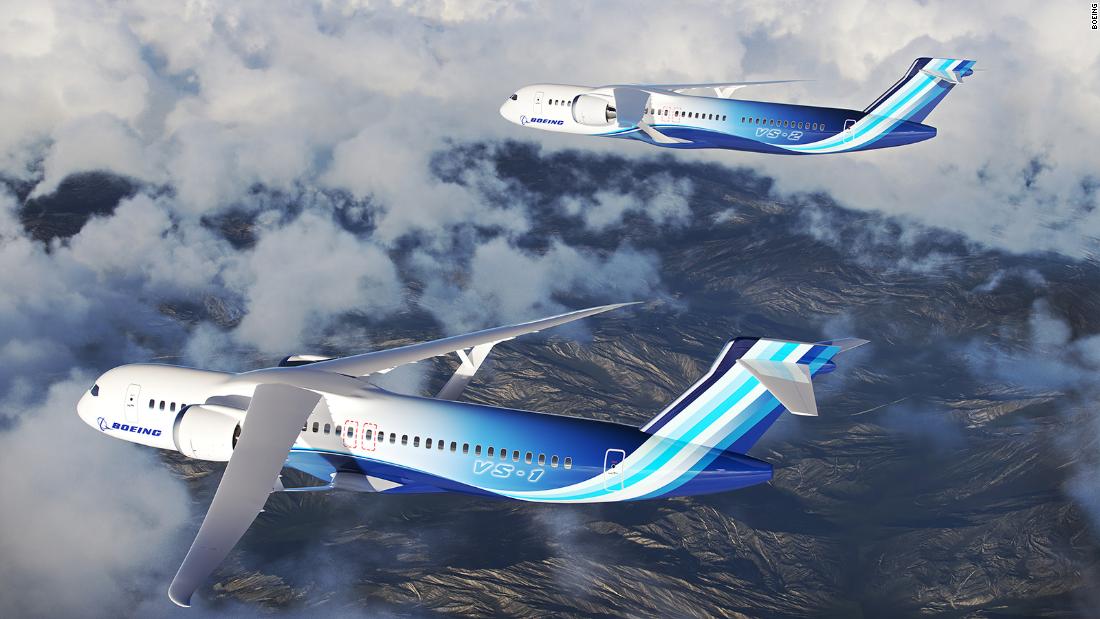So, I've watched a lot of discussion on YouTube about possible PAX aircraft in the works, mainly for Boeing and Airbus as those are the big 2.
Suggestions I've heard are things like a re-engined Boeing 767, the Airbus A322, the Boeing NMA, extensions of the Boeing 777X and Airbus A350 platform, and twin engined Jumbo Jets.
As there seems to be much speculation, I thought I'd put it to this forum to share their own ideas, as well as explanations as to why they think their idea will happen. So, what does everyone think?
Suggestions I've heard are things like a re-engined Boeing 767, the Airbus A322, the Boeing NMA, extensions of the Boeing 777X and Airbus A350 platform, and twin engined Jumbo Jets.
As there seems to be much speculation, I thought I'd put it to this forum to share their own ideas, as well as explanations as to why they think their idea will happen. So, what does everyone think?


